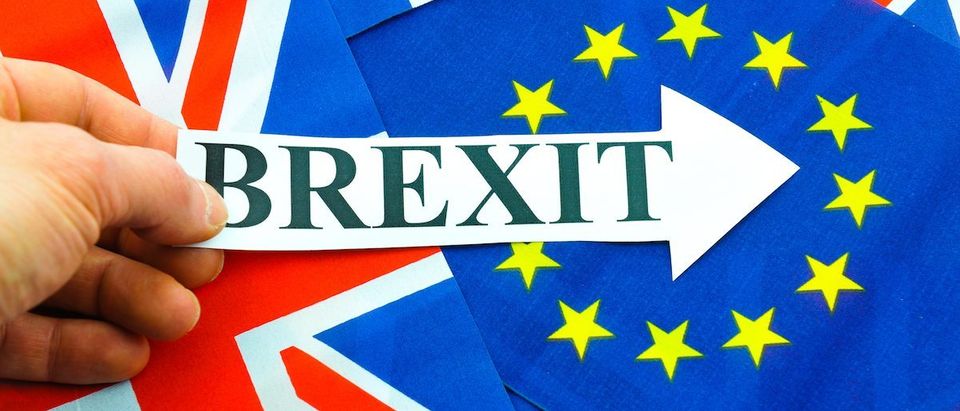Weekend polling in the United Kingdom has indicated a rise in favor of remaining in the E.U., after last week’s assassination of a ‘Remain’ supporting Member of Parliament by a man with neo-Nazi ties. But the ‘Remain’ faction should not count on a victory over the ‘Leave’ side on Thursday. If they do, they are forgetting how people lie to pollsters when telling the truth is uncomfortable.
Social scientists call this ‘social desirability bias,’ wherein people respond to a pollster’s questions in a way that will make them look nice to the pollster.
The U.S. term for this phenomenon (for political polls) is the Bradley Effect – from the outcome of the 1982 California governor’s race. Polls had indicated Tom Bradley (a black American) would win the California governor’s race by a substantial lead. He lost by a mere 100,000 votes out of 7.5 million votes cast.
White voters apparently had told polling firms they would vote for Bradley (a socially desirable outcome versus perceptions of racism), but enough of them had voted for the white candidate, George Deukmejian, to put him over the top.
Although the Bradley Effect is usually cited in elections where a black and a white candidate are running on opposite sides, its scope is wider, as it involves ‘social desirability bias’.
Regarding Brexit polling, last week’s assassination made ‘Remain’ the socially desirable position. As polling firms are unable to look inside a person’s soul, they cannot know whether voters being polled are favoring ‘Remain’ because they don’t want the person on the other end of the telephone line to think they are neo-Nazis – or whether they truly believe that staying with the E.U. is better than leaving it.
As the Bradley effect demonstrates, people can say one thing to a pollster, but vote another way when they’re in the privacy of the voting booth. The truth will come out on June 23.


